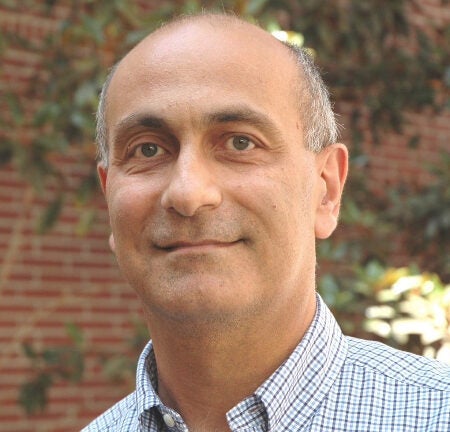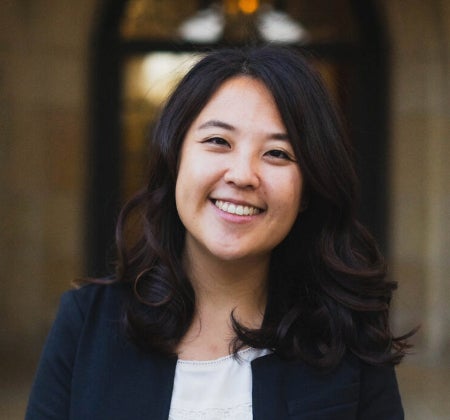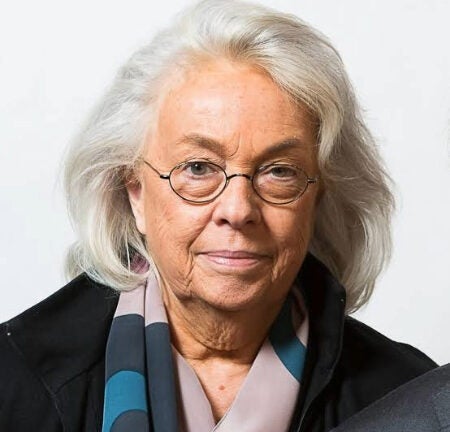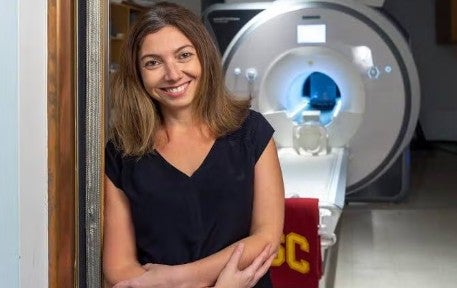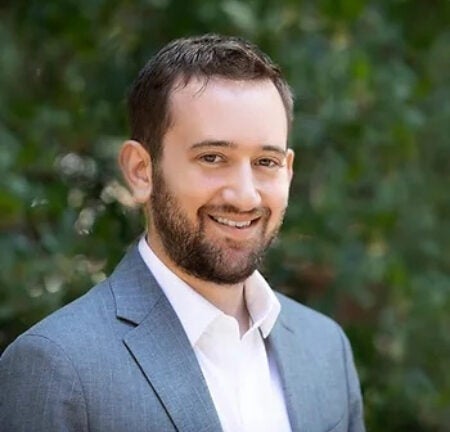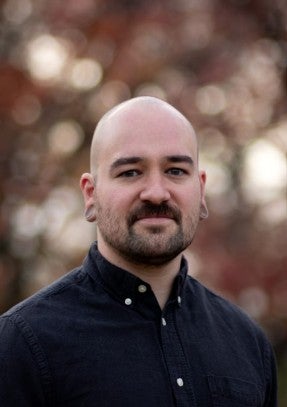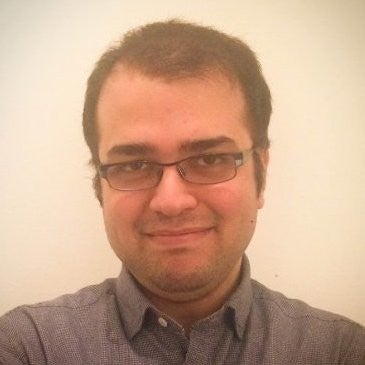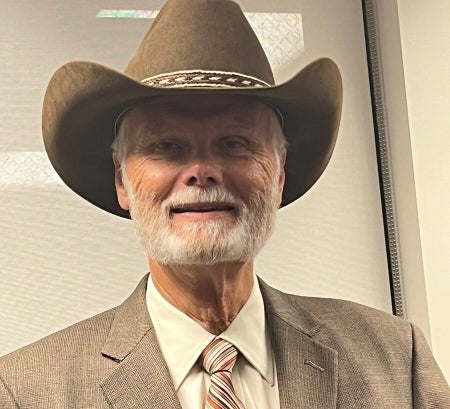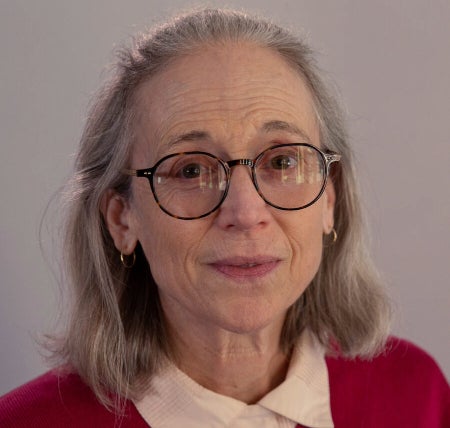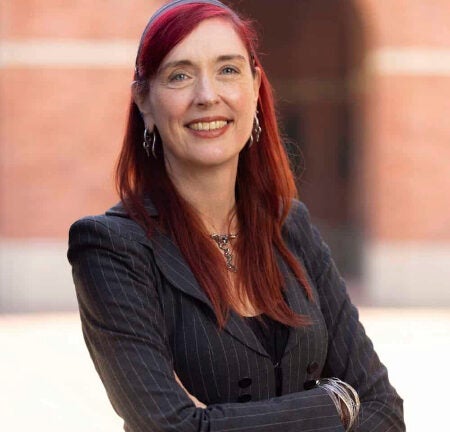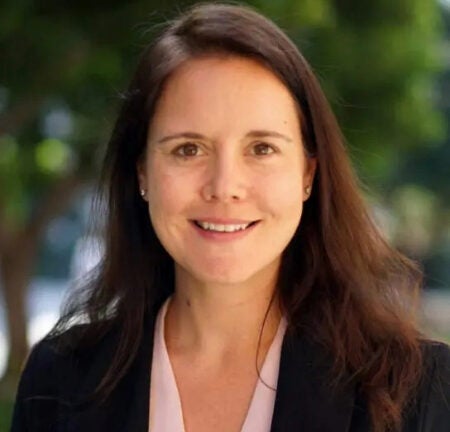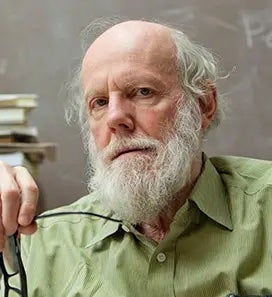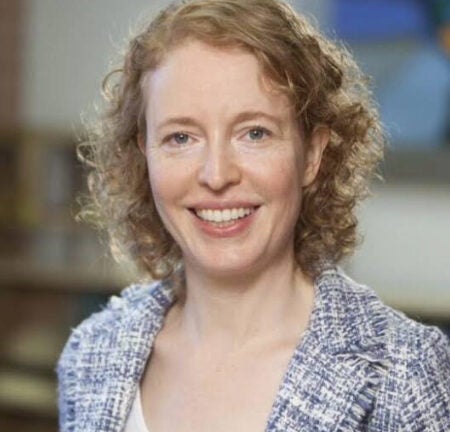Brain and Cognitive Science Faculty
Core Faculty
*Faculty member who may potentially take students for Fall 2026 admission.
(Ph.D., 1991, University of Toronto)
Professor and Psychology Chair
Decision neuroscience, addiction, smoking, prefrontal cortex, insula, Iowa Gambling Task, brain lesions, brain imaging
(Ph.D., 2019, University of Pennsylvania)
Assistant Professor of Psychology
Individual differences in social (dis)connection, social network analysis, loneliness, information sharing, social cognition, social neuroscience, persuasion, social influence
(Ph.D., 1983, University of Colorado)
Professor of Psychology
Director, Southern California Twin Project
Behavioral genetics, childhood psychopathology, aggression, antisocial behavior, individual differences
(M.D., Ph.D., 1974, University of Lisbon)
David Dornsife Chair in Neuroscience and Professor of Psychology and Neurology
The neural basis of cognition and behavior at large-scale systems level, using MR lesion method, PET/fMRI, and histological mapping of neuropathological tissue. Research areas include face and object recognition, emotion processing, emotion and decision-making, and the limbic and brainstem sites of pathology in Alzheimer’s disease
(M.D., 1969, University of Lisbon)
Dana Dornsife Chair in Neuroscience and Professor of Psychology and Neurology
Director, Dornsife Cognitive Neuroscience Imaging Center
Language and other higher cognitive and emotional processes investigated with brain imaging methods such as computerized tomography (CT), magnetic resonance scanning (MR), and PET.
(Ph. D., 2011, University of California, Irvine)
Associate Professor of Psychology
Relationship between cognitive, emotional, and social skills are shaped by interaction of biological dispositions and environmental factors.
(Ph.D., 2016, New York University)
Assistant Professor of Psychology
Social learning and decision making, with implications for impression formation, reinforcement learning, social interaction, and prosocial behavior; social neuroscience; computational models of social cognition.
(Ph.D., 2002, University of California Los Angeles)
Associate Professor of Psychology
Issues of social relationships, empathy, self, action perception and creativity.
(Ph.D., 2009, Northwestern University)
Professor of Psychology and Computer Science, and Area Head
Social media analysis with direct applications to moral decision-making, group dynamics and culture. Role of sacred values in intergroup conflict and negotiation. Computational cognitive modeling. Counterfactual reasoning.
(Ph.D., 1996, University of Rochester)
Professor of Psychology
Language acquisition in infants and toddlers, computational modeling
(Ph.D., 1998, University of Pennsylvania)
Professor of Psychology
Decision neuroscience, self-control, addiction
(Ph.D. Cognitive Neuroscience, Dartmouth College, 2017)
Assistant Professor of Psychology
The core questions driving my research are “What is shared between individual brains?” and “How do we share our thoughts with one another?”—using language and other coordinated actions. My research combines naturalistic neuroimaging paradigms (fMRI, ECoG) and deep neural networks to better answer these questions in real-world contexts. In current work, we leverage large language models to better understand how humans use language to transmit complex thoughts from one brain to another.
(Ph.D., 2017, The Pennsylvania State University)
Assistant Professor of Psychology and Pediatrics
Development of emotion and emotion regulation; impact that these early individual differences have on socioemotional development; how children process social information
(Ph.D., 2016, Radboud University)
Assistant Professor of Psychology
How do humans make decisions in an uncertain world and how do they learn from their mistakes? We investigate these problems in health and disease using computational (reinforcement learning, Bayesian machine learning) and experimental (fMRI, virtual reality) tools.
(Ph.D., 1981, University of Texas)
Professor of Social Psychology and Professor of Psychology
Neurobiological bases of motivation, personality, risky decision-making, substance use and depression. Computational models of personality and social reasoning. Legal and everyday decision making. Cognitive processes in social behavior, social explanations, goal-based processes in interpersonal relations and decision making, connectionist models of social reasoning. Using interactive media in changing risky health behaviors and in education.
(Ph.D., 2020, Princeton University)
Assistant Professor of Psychology
Applies an interdisciplinary framework, drawing from computational neuroscience, cognitive science and psychology, to uncover how learning and memory processes guide individual and interactive behavior in the laboratory and real world.
(Ph.D., 1974, University of Minnesota)
Associate Professor of Psychology
Cognitive and motivational foundations of personal decision-making, beliefs, and the self-regulation of health behaviors from early childhood to old age
(Ph.D., 2003, University of Southern California)
Associate Professor of Psychology
Psycholinguistics, Cognitive Neuroscience, Computational Modeling
Joint Faculty
(Ph.D., 1963, MIT)
University Professor, Fletcher Jones Chair in Computer Science, and Professor of Biological Sciences and Biomedical Engineering
Neural networks, brain theory, neuroinformatics, neural simulation, visuomotor coordination in animals and robots.
(Ph.D., 1980, Indiana University, Bloomington)
Professor of Biological Sciences and Psychology
Activity-dependent neural & behavioral plasticity in song birds
(Ph. D., 1998, Carnegie Mellon University)
Provost Professor of Public Policy, Psychology and Behavioral Science
Behavioral research with insights for policy, behavioral decision making, individual differences in decision-making competence across the adult life span, risk perception and communication (with applications to personal health and well-being, household finance, and sustainability)
(Ph.D., 2014, Columbia University)
Assistant Professor of Gerontology and Psychology
(Ph.D., 1969, Rockefeller University)
ARCO/William F. Kieschnick Chair in the Neurobiology of Aging University Professor
Cell biology, mechanisms controlling postnatal development and aging in man and other mammals, Alzheimer’s disease
(Ed.D., 2005, Harvard)
Professor of Education, Psychology & Neuroscience,
Director, USC Center for Affective Neuroscience, Development, Learning and Education
Neural and psychological bases of social emotion and social interaction
(Ph.D., 2000, California Institute of Technology)
Associate Professor of Computer Science
Computational modeling, Biological vision, Computer vision, Functional neuroimaging, Human psychophysics, Neural networks, Artificial intelligence, Neuromorphic engineering, Neuromimetic algorithms
(Ph. D., 2012, University of Southern California)
Assistant Professor of Medicine and Psychology
My research program seeks to understand biological and environmental factors contributing to obesity development. I have two major lines of research program: (1) brain inhibition control over appetitive food rewards; (2) early life risk factors (i.e., in utero environment and family environment) to obesity development. I am interested in recruiting prospective PhD students.
(Ph.D., 2000, Princeton)
Associate Professor of Gerontology and Psychology
Emotional memory, Cognitive neuroscience of aging, Stress and decision making
(Ph.D., 1989, University of Illinois, Urbana-Champaign)
Associate Professor of Biomedical Engineering
Computational neuroscience, dendritic processing, neuromorphic models of vision
(Ph.D., 1972, Washington University)
Milo Don and Lucille Appleman Professor Department of Biological Sciences
Hunger and thirst, limbic system, motivation, structural neuroscience
RTPC Faculty
(Ph.D., 2010, Northwestern University)
Research Assistant Professor of Computer Science
Human-computer interaction, affective computing, and trust-in-automation.
Adjunct Faculty
Lynne Bernstein
(Ph.D. University of Michigan)
Professor of Speech and Hearing Science, George Washington University
Program Director, National Science Foundation
Speech Perception, Multisensory Processing, Deafness, Language Processing, Cognitive Neuroimaging

Emeritus
(Ph.D., 1968, University of Oregon)
Emeritus Professor
object recognition, shape encoding, neural persistence, retinal mechanisms
(Ph.D., 1979, The Ohio State University)
Emeritus Professor
Learning and memory, the neurobiological basis of learning and memory, brain localization of psychological functions, recovery of function after brain injury
